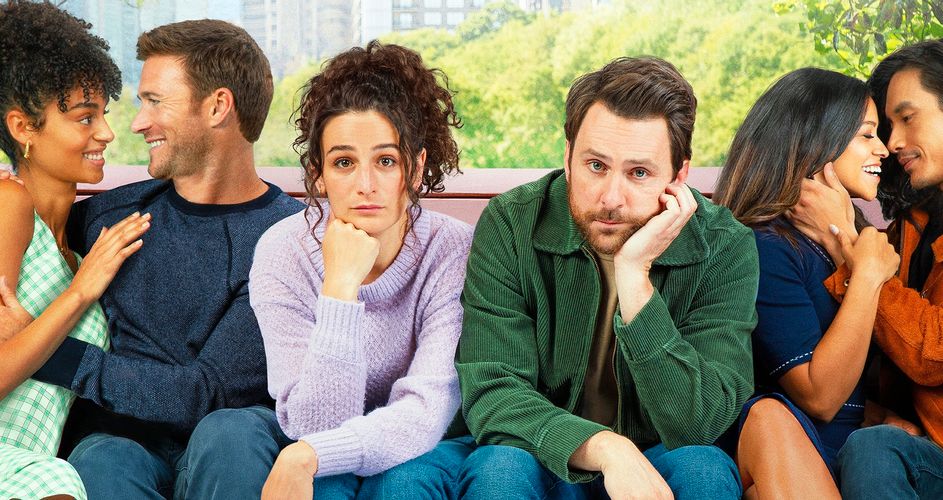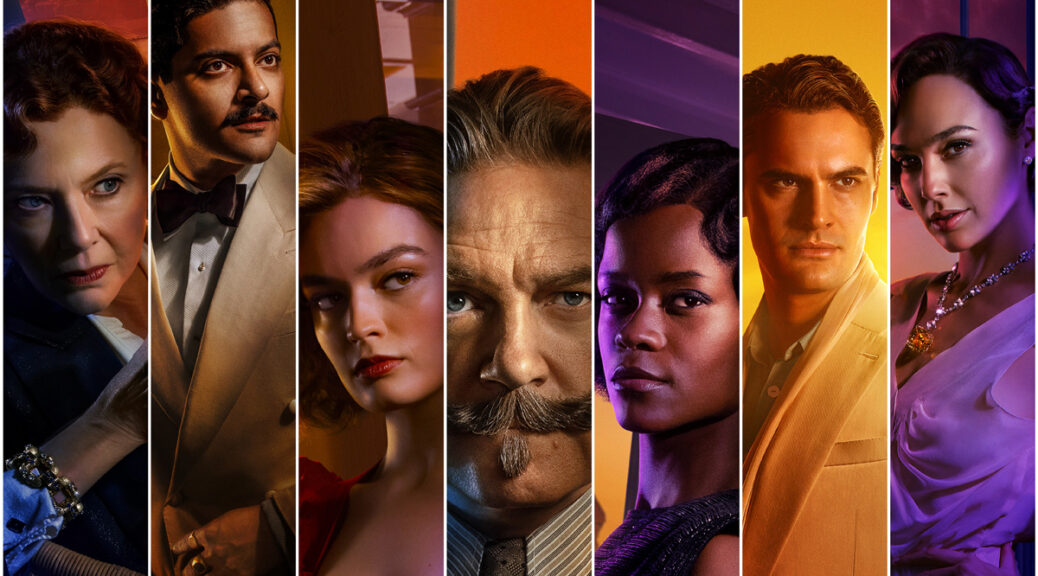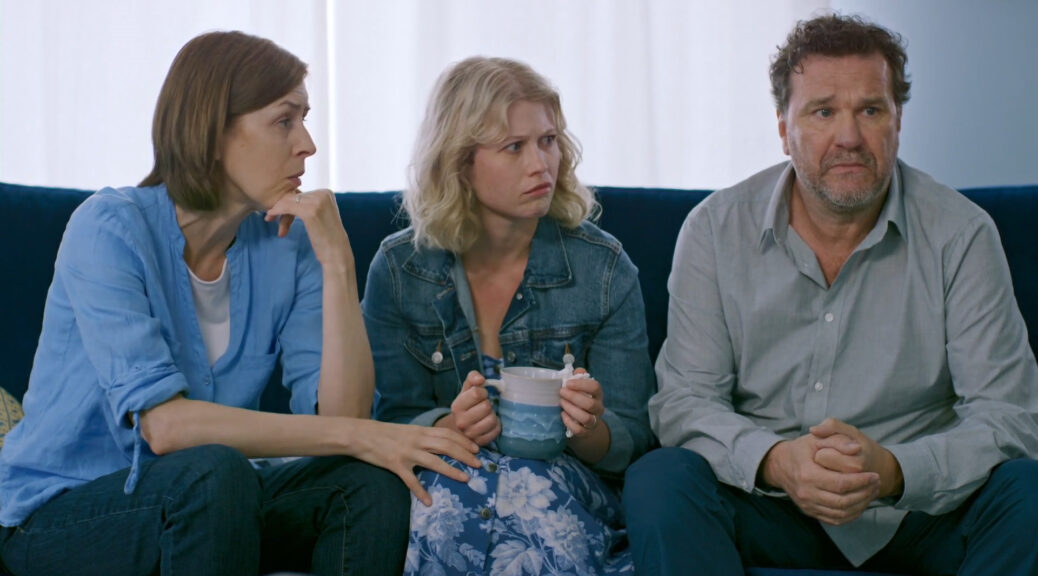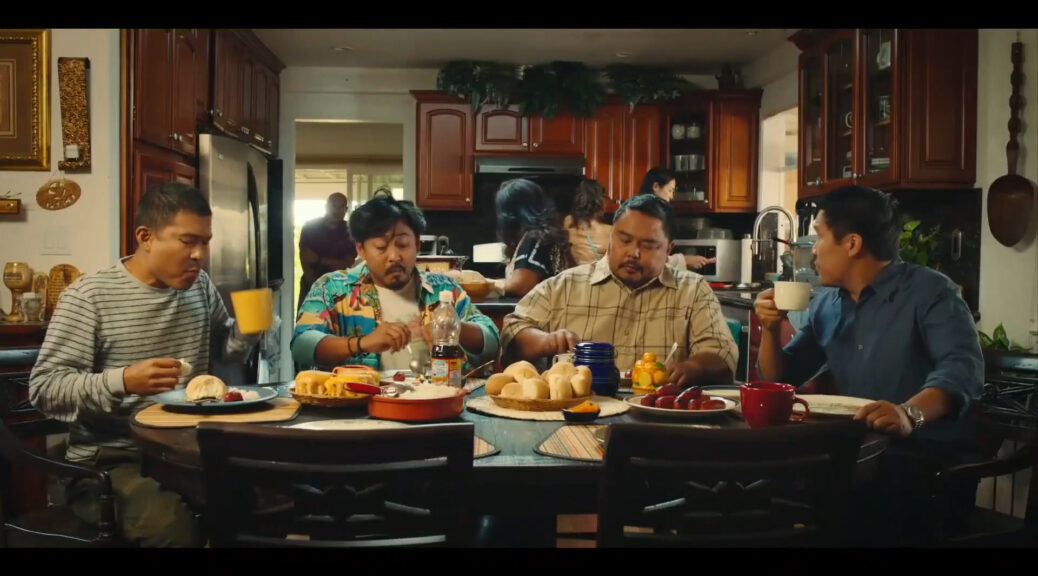Marry Me
by Hope Madden
Just two short years ago we thought Jennifer Lopez had a good shot at an Oscar nomination for her layered turn as stripper entrepreneur Ramona in Lorene Scafaria’s Hustlers. Would she, like Ben Affleck, build on that success with more complex, emotionally satisfying supporting roles? Or would she make Marry Me?
Sigh.
Marry Me is a Jennifer Lopez movie from the word go. Actually, director Kat Coiro’s film is even more of a JLo movie than her other countless rom coms about a wildly beautiful but down-to-earth woman who’s just a romantic at heart.
Marry Me wraps a set of music videos around a peek into the world of a globally successful if under-respected musical diva who gets married a lot. So, it’s about as meta as the latest Scream.
Lopez’s character name is Kat Valdez, and Kat’s new single “Marry Me” is a tribute to her love with fellow musical phenom Bastian (Maluma). They will be wed onstage in front of a sold-out NYC crowd and streamed for tens of millions of people around the globe.
Until she doesn’t. She picks some kid’s dad (Owen Wilson) out of the audience and marries him instead.
Premise Beach!
As idiotic and contrived as that sounds—and as the trailer made it look–Marry Me delivers some charm. That has very little to do with the plot or its obvious trajectory, and it doesn’t really have much to do with the chemistry between Lopez and Wilson (which is lacking, honestly).
Harper Dill and John Rogers’s screenplay, based on Bobby Crosby’s graphic novel, pulls you in by treading on Lopez’s public persona. Well-placed Jimmy Fallon cameos create a sense of what it must be like to live, succeed and fail so very publicly. Compare this to Charlie (Wilson) and his hum-drum life of a math teacher, and the two-different-worlds romance is set.
Lopez’s acting is as superficial as the film requires. Wilson delivers a performance as characteristically quirky and goofy as expected. (Though he never once says wow, and let’s be honest, this character would say wow.)
Supporting turns from Sarah Silverman, Chloe Coleman and John Bradley help overcome a sparsity of laughter.
Is Marry Me an opportunistic music video/hit single/Valentine’s Day date bundle orchestrated by a savvy business mogul? It is. And it’s fine. Plus, if it goes well, maybe she’ll take on another really good character next time.














